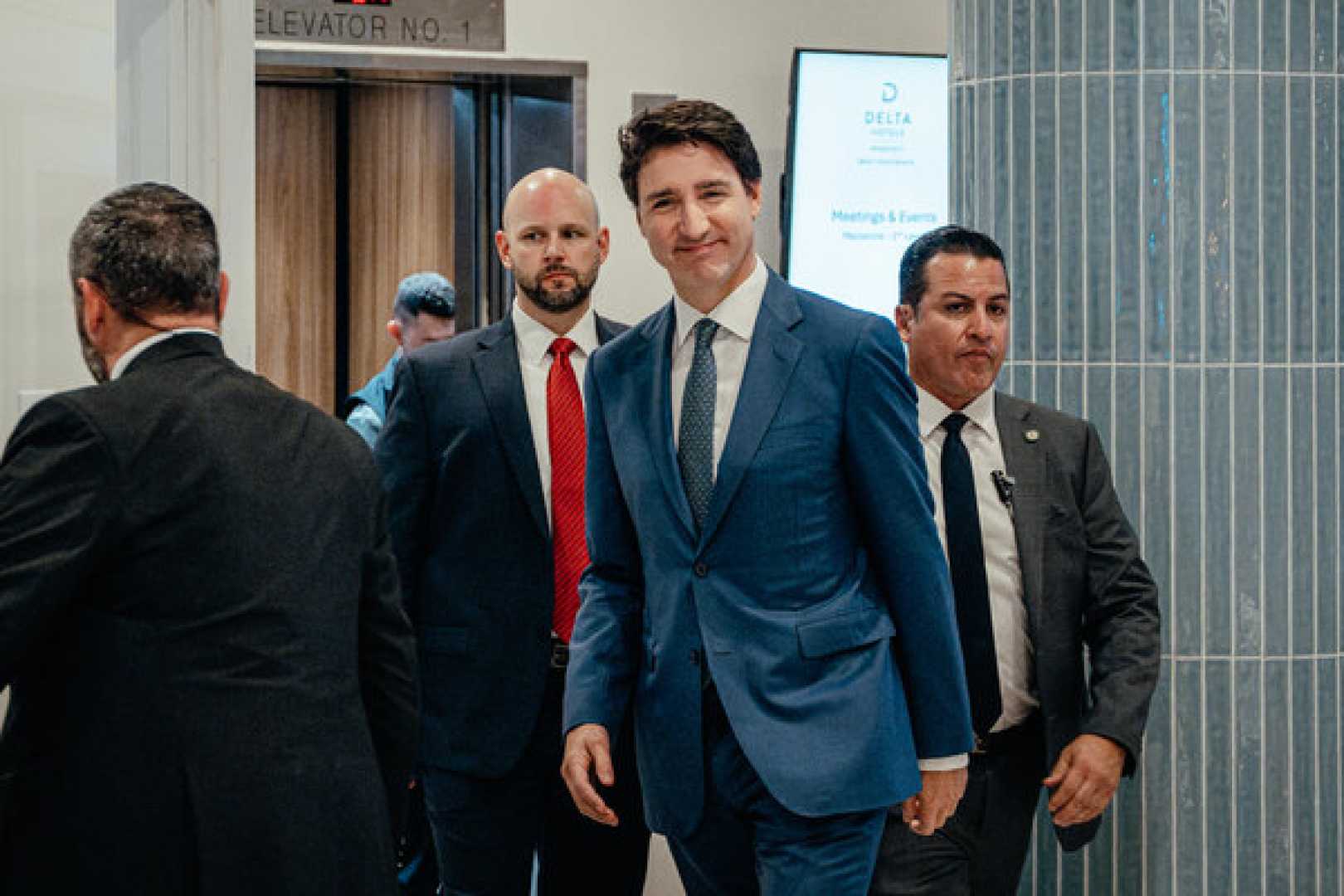Business
Canada Prepares ‘Forceful’ Response to Potential US Tariffs

OTTAWA, Canada — Prime Minister Justin Trudeau warned on Friday that Canada will respond “forcefully” and “immediately” if the United States imposes tariffs on Canadian imports, as threatened by President Donald Trump. The U.S. president has set a Saturday deadline to levy a 25% tariff on Canadian goods, citing concerns over illegal immigration and fentanyl trafficking.
“It’s not what we want, but if he moves forward, we will also act,” Trudeau said in a televised address. He acknowledged that the potential tariffs could lead to “difficult times” for Canadians in the coming days and weeks.
Canada, which sends 75% of its exports to the U.S., is bracing for significant economic repercussions. Economists warn that such tariffs could devastate Canada’s economy while also driving up prices for American consumers. Trudeau emphasized that all options remain on the table, including targeted tariffs on U.S. goods.
This is not the first time Canada has faced tariffs under Trump’s administration. During his first term, the U.S. imposed a 10% tariff on Canadian aluminum and 25% on steel, citing national security concerns. Canada retaliated with tariffs on politically symbolic U.S. goods, such as Florida orange juice and Kentucky bourbon. Both countries eventually lifted the tariffs a year later.
Peter Clark, a trade policy expert and former Canadian federal finance department official, noted that targeted tariffs are often Canada’s safest approach. “By targeting select goods, Canada can hit the U.S. without widely punishing its own citizens,” he said. However, some provincial leaders, like Saskatchewan‘s Scott Moe, have warned that broad tariffs could “rip this country apart.”
Canada is also considering leveraging its energy exports to the U.S. as a bargaining chip. About 30 U.S. states rely on Canadian electricity, and Canada supplies 60% of U.S. crude oil imports. Ontario Premier Doug Ford has suggested cutting off energy supplies to pressure Americans at the gas pump. However, such a move would face opposition from oil-rich provinces like Alberta.
Meanwhile, Canadian officials have been engaging with their U.S. counterparts in Washington, D.C., to avoid tariffs altogether. Foreign Minister Melanie Joly met with U.S. Secretary of State Marco Rubio this week to emphasize that tariffs would harm both nations. “We need to continue to engage,” Joly told reporters.
As tensions escalate, some experts argue that Canada should focus on diversifying its trade relationships and boosting domestic production. “We’re a natural resource superpower,” said Julian Karaguesian, an economics lecturer at McGill University. “This could be a push to harness that potential and sell our products elsewhere.”












